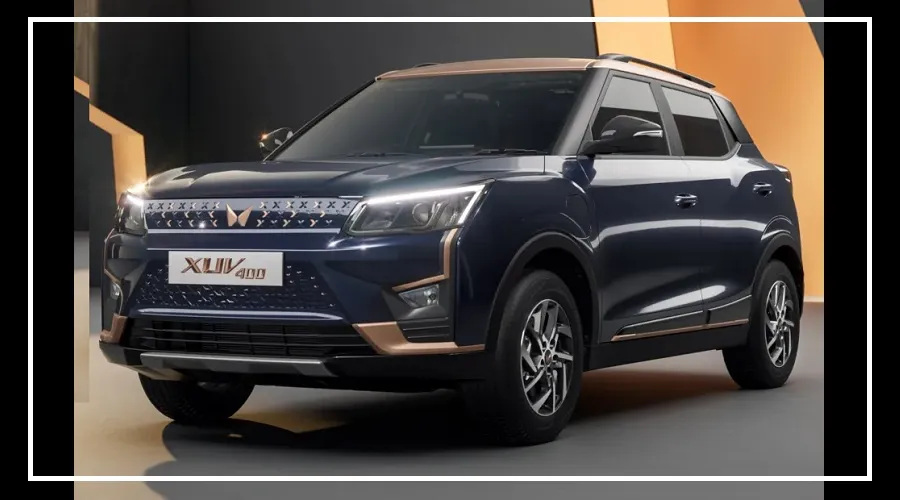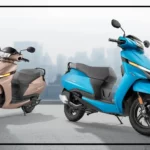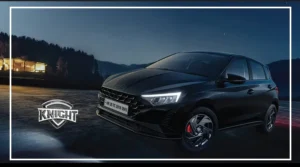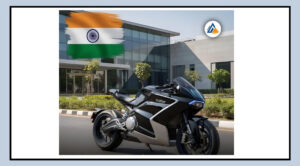Mahindra & Mahindra (M&M) has announced that it will immediately pass on the benefits of the new GST exemption to customers on all its ICE (Internal Combustion Engine) SUVs from Saturday, September 6.
With this, Mahindra has become the first automaker to give full benefits to buyers even before the new GST rates officially take effect on September 22.
The company said that prices of its SUV range have been reduced by ₹1.01 lakh to ₹1.56 lakh.
The biggest cut is on the XUV3XO diesel, which is now cheaper by ₹1.56 lakh.
Thar 4WD Diesel and Scorpio Classic: Price cut of ₹1.01 lakh
Bolero/Neo: ₹1.27 lakh cheaper
XUV3XO petrol: ₹1.40 lakh cheaper
Thar 2WD Diesel: ₹1.35 lakh cheaper
Scorpio-N: ₹1.45 lakh cheaper
Thar Rocks: ₹1.33 lakh cheaper
XUV700: ₹1.43 lakh cheaper
Mahindra said this move is to ensure customers get maximum benefit and SUVs become more affordable.
Other Car Makers to Offer GST Benefits from Sept 22
Apart from Mahindra, car makers like Tata Motors, Toyota, Maruti Suzuki and Renault will also pass on the GST discount, but from September 22.
This is expected to boost demand during the festive season.
Tata Motors: Discounts from ₹65,000 to ₹1.55 lakh across hatchbacks, compact SUVs and flagship SUVs.
Toyota: Announced heavy price cuts across its entire lineup.
Renault India: Price cut of up to ₹96,395, mainly on compact cars.
Maruti Suzuki: GST relief will directly benefit small cars, with sales expected to rise by 10%.
Prices of luxury models may fall by ₹5 lakh, but maximum benefit will go to hatchbacks and compact sedans.
GST Changes on Cars and Bikes
The GST Council reduced tax on small cars (petrol up to 1,200cc and diesel up to 1,500cc) from 28% to 18%.
This will make models like Maruti Swift, Alto, Nexon and even bikes up to 350cc (like Honda Shine, Activa) cheaper.
GST on big cars/SUVs has been increased from 28% to 40%, but since the earlier compensation cess (17–22%) has been abolished, luxury vehicles like Mercedes, BMW and Audi may still become slightly cheaper than before.
Earlier, a luxury car worth ₹1 crore attracted about ₹50 lakh in taxes (28% GST + 17–22% cess).
Now, with only 40% GST, the tax will be around ₹40 lakh, saving buyers nearly ₹10 lakh.
Commercial vehicles like buses, trucks and ambulances will also now attract only 18% GST instead of 28%.
Why Compensation Cess Was Removed
The compensation cess was an additional tax introduced in 2017 when GST was launched, to make up for revenue losses of states.
It was levied on goods like luxury cars, alcohol and cigarettes.
Now, with the cess removed, customers are likely to see slight relief on high-end cars despite the 40% GST rate.

























